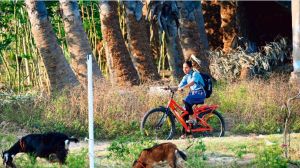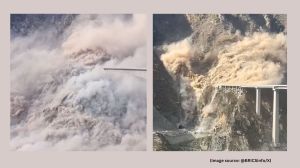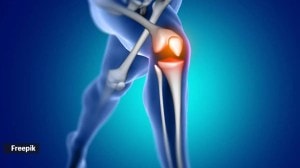Strong aftershock rattles China ‘quake lake’
A "strong" aftershock jolted the area near the swollen Tangjiashan lake formed by last month's quake in southwest China, underscoring the threat of flooding to more than one million weary refugees living in downstream.

A “strong” aftershock jolted the area near the swollen Tangjiashan lake formed by last month’s quake in southwest China, underscoring the threat of flooding to more than one million weary refugees living in downstream.
The magnitude of the aftershock was not immediately known and its impact on the lake was under surveillance, state-run Xinhua news agency said.
A 4.8 magnitude aftershock had on Sunday rocked the area causing landslides near the Tangjiashan lake, one of the more than 30 lakes formed when quake-triggered landslides blocked rivers after the magnitude 8 temblor of May 12.
Meanwhile a 5.0-magnitude quake also jolted the Mongolian-Tibetan autonomous prefecture of Haixi in northwest China’s Qinghai province today.
No casualties or damages were reported, the provincial earthquake administration said.
The quake struck first at 1.56 a.m. (local time) and the second at 5.44 a.m., Xinhua said quoting Fan Lanbao, Vice-Director of the Administration.
The jolted area is sparsely populated. The epicenter was located at Tanggula Mountain Range in Golmud City, the starting point of the world’s highest railway that links Qinghai to Tibet.
Qinghai-Tibet Railway was not affected by the two earthquakes. Railway traffic was unaffected, Xu Chuanjie, an official with the Qinghai provincial earthquake administration said.
Tangjiashan lake continued to rise and authorities remained on alert, Xinhua said.
The sluice, which was dug to let the water flow to ease the pressure on the lake, was operating smoothly.
A moderate rainfall and massive landslides following yesterday’s aftershock had put higher pressure on the lake and experts were monitoring the potential impact, it said.
Soldiers yesterday fired missiles to blast away boulders in the lake to speed up the flow of water. The Chengdu Military Command of the People’s Liberation Army has rushed an additional 120-strong team to the site today.
Authorities have shifted more than 250,000 people living in downstream areas and are ready with contingency plans to shift 1.3 million more if the situation demands.






- 01
- 02
- 03
- 04
- 05

























